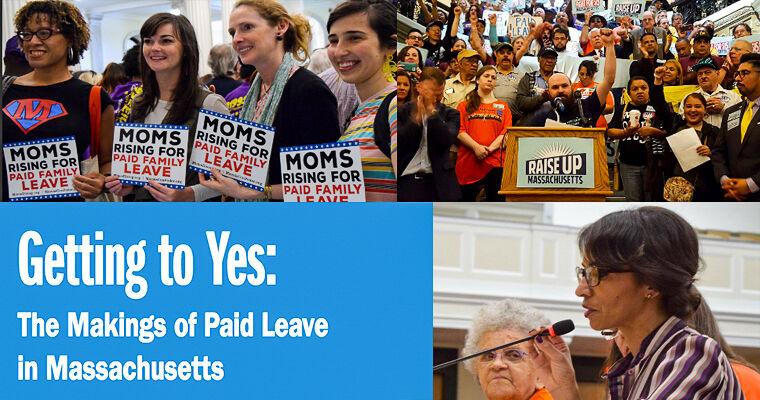Mass.gov states that “Paid Family and Medical Leave is a program designed to help people in Massachusetts take paid leave for family or medical reasons.” The law came into effect in January 2021, and under this, one is obliged to get 20 weeks of paid leave per year for an employee’s own serious health conditions.
Apart from the medical leave, employees have the right to take family leave that includes up to 12 weeks of paid leave per year for the birth, adoption, or foster care placement of a child and up to 26 weeks of paid leave if an employee is taking care of a family member who was injured serving in the armed forces.
This independent state law is different from the federal government’s Family Medical Leave Act which provides unpaid job-protected leave only for employers with 50 or more employees. PFML provides paid leave to all eligible Massachusetts employees regardless of the size of their employer.
The Center for Women in Politics and Public Policy at the McCormack Graduate School, University of Massachusetts Boston, recently carried out a case study that informs the public about the formulation of the law and analyzes the factors that influenced the scope of the program.
The case study discusses, at length, the negotiation process the law underwent between the business owners and the state government. In order to make paid family and medical leave a reality in Massachusetts, a multi-faceted effort was required to reach a consensus on a workable policy.
As Christa Kelleher, Research and Policy Director of the Center for Women in Politics and Public Policy, stated: “The consensus on a paid leave program achieved between labor and business leaders demonstrates what’s possible when trust, collaboration and data are centered in the policymaking process. I am hopeful that future policy issues in Massachusetts will benefit from the important lessons highlighted in this case study.”
The paid leave measure was passed by the Massachusetts State Senate in 2016, making people more optimistic about the program, but it was not brought up for a vote in the House until 2018.
Several organizations and support groups spearheaded campaigns in 2017 to get the bill on the ballot. One such organization that led the momentum was Rise Up Massachusetts, a coalition of community organizations dedicated to raising the state’s minimum wage and advocating for paid medical leave that was created in 2013. Rise Up’s campaign in 2017 and 2018 collected over 359,000 ballot signatures, resulting in the approval of and the Governor’s signing of the legislation.
Although the bill was approved in 2018, the case study briefly mentions the contentious program parameters that hindered its efficiency. For instance, small-scale businesses voiced concerns in determining their cost-sharing arrangement and finding options for their employees for comparable benefits. Hence, coming up with a workable program was imperative, but the solution wasn’t one-size-fits-all.
“For a lot of employers, they were not, in concept, opposed to paid leave. It was about the details of paid leave,” business stakeholders cited.
The case study concludes with a reflection that the adoption of Massachusetts’ paid family and medical leave took efforts to reach a consensus but demonstrates that good grassroots mobilization with strong legislative support can make programs achievable.
Recent data put forth by the Center of Women in Politics and Public Policy confirms that 85,887 applications for paid leave were approved in 2021.
“As discussions regarding paid family and medical leave occur at the federal and state level, this case study provides important learnings at a critical juncture. With women, persons of color and low-income workers disproportionately impacted by the lack of paid leave policies across the nation, developing feasible paid leave programs will help address such inequities currently facing many employees and their families,” said Laurie Nsiah-Jefferson, director of the McCormack Graduate School’s Center for Women in Politics and Public Policy.





















































